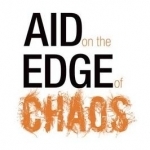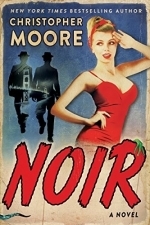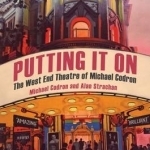
Aid on the Edge of Chaos: Rethinking International Cooperation in a Complex World
Book
Many agree that the foreign aid system - which today involves virtually every nation on earth -...

Noir: A Novel
Book
The absurdly outrageous, sarcastically satiric, and always entertaining New York Times bestselling...
humor fantasy fiction

Army Sniper Rifle Shooting 3D: A Lone Survivor Assassin Game
Games and Entertainment
App
Ultimate assassin is recruited as marine sniper on contract to takeout enemy soldiers at border...

Putting It On: The West End Theatre of Michael Codron
Michael Codron and Alan Strachan
Book
Michael Codron is undoubtedly the leading producer of postwar British theatre. Still active after an...

The Bigamist
Book
Directed by the actor/film-maker Ida Lupino, The Bigamist (1953) is the story of Harry Graham, a...

Modernity Britain: Book Two: A Shake of the Dice, 1959-62: Book 2
Book
David Kynaston's history of post-war Britain has so far taken us from the radically reforming Labour...
Must Close Saturday
Book
The ominous announcement "Must Close Saturday" too often heralded the demise of British musicals....

DFW Deco: Modernistic Architecture of Northeast Texas
Book
Vivid imagery and original research are the hallmarks of DFW Deco: Modernistic Architecture of North...
On Photography: A Philosophical Inquiry
Book
What is photography? Is it primarily a source of knowledge about the world or an art? Many have said...

Anger is an Energy: My Life Uncensored
Book
This is the definitive autobiography of John Lydon, one of the most recognizable icons in the annals...
